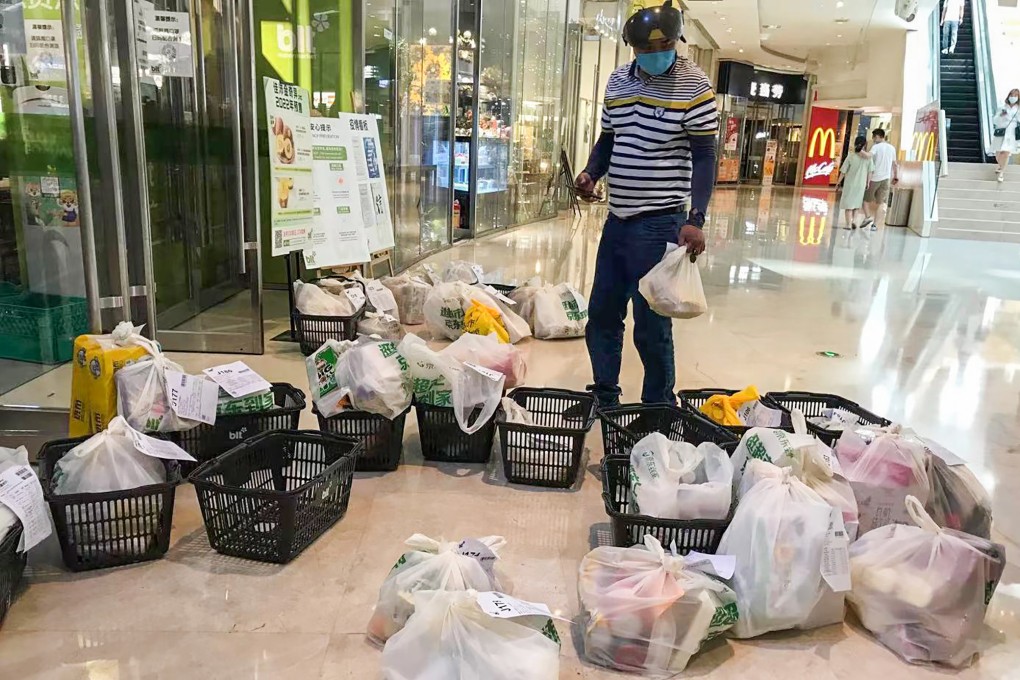Shanghai Covid lockdown spurs race to stockpile food across China
- Reports of food shortages in the country’s commercial capital have prompted a flurry of interest in what essentials to hoard
- Multiple survivors guides are circulating online and some bloggers are even selling survivalists guides

Over the past week multiple survivors’ guides have been published by media outlets and bloggers. These include a well-known medical site called Doctor Clove, which published a list of what items people will need if they are suddenly quarantined and advice on storing food for the long term.
On Sunday one trending topic on the social media platform Weibo – “What items should I prepare in case I suddenly get a quarantine notice?” – had attracted more than 41 million views with 14,000 comments.
Another popular post circulating on Chinese social media advised households to hoard essentials such as rice, cooking oil, drinking water, female sanitary products and toilet paper.
In one extreme case, a blogger even launched a survivalist group, selling courses on how to survive during disasters for 299 yuan (US$47).
